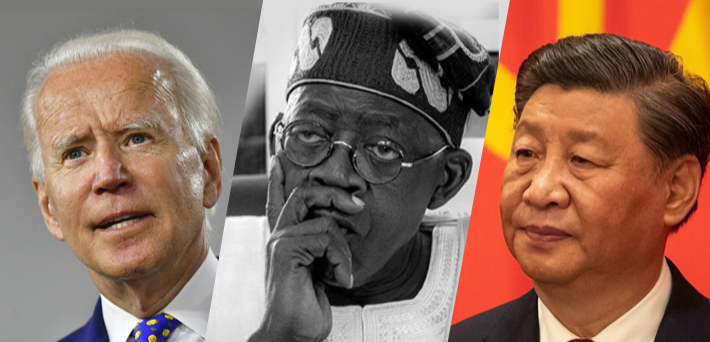U.S. Court Clears Path for Chinese Investors to Seize Nigerian Assets Abroad, Intensifying Crisis for Tinubu
U.S. Court Clears Path for Chinese Investors to Seize Nigerian Assets Abroad, Intensifying Crisis for Tinubu
In a major setback for Nigeria, the U.S. Court of Appeals for the District of Columbia has rejected Nigeria’s claim to sovereign immunity, allowing a Chinese consortium to pursue the seizure of Nigerian assets abroad. This ruling compounds the challenges facing President Bola Tinubu, who has been striving to contain the crisis in Europe and prevent its spread to other jurisdictions.
The court’s decision, issued on August 9, 2024, follows claims by Chinese executives from Zhongshan that Nigeria egregiously violated both fundamental and commercial rights. These claims stem from a 2007 agreement between Zhongshan and Ogun State to develop a free trade zone, which was abruptly terminated by former Governor Ibikunle Amosun, leading to the alleged mistreatment of the Chinese workers.
The workers, who were reportedly arrested, detained, and tortured by Nigerian police, initially sought justice in the United Kingdom, where they were awarded $55.6 million in compensation, $75,000 in moral damages, and additional interest and legal fees. When the Nigerian government refused to honor the award, the Chinese investors turned to the U.S. courts for enforcement.
Nigeria argued that its sovereign immunity should prevent the U.S. court from hearing the case. However, the court disagreed, citing Nigeria’s obligations under the New York Convention, which permits arbitration between sovereign entities and private parties.
The appellate court ruled that Nigeria, by signing the Investment Treaty with China in 2001, had established a legal relationship with Zhongshan that was subject to commercial arbitration. The court held that Nigeria’s actions violated this treaty, thus stripping the country of its sovereign immunity in this case.
Two of the three judges, Patricia Millett and Michelle Childs, agreed that the matter should proceed, as Nigeria had forfeited its immunity by breaching the contract in collaboration with Ogun State, a federating unit of the country. The dissenting judge, Greg Katsas, argued that Nigeria’s assets should still be protected under its sovereign status.
The ruling now allows the Chinese investors to pursue Nigeria’s assets in the U.S., including fixed assets and deposits from crude oil earnings held with JP Morgan. This decision comes just days after the investors obtained similar court orders in France, where they have begun efforts to seize Nigerian assets, including private jets, across Europe.
In response, both the Nigerian federal government and Ogun State denounced the Chinese claims as fraudulent, likening the situation to the notorious P&ID case. They also indicated that efforts were underway to overturn the judgment in France but did not comment on the U.S. ruling or whether they would appeal to the U.S. Supreme Court.
The unfolding situation poses a significant diplomatic and financial challenge for Nigeria, as the risk of losing valuable assets abroad looms large.


